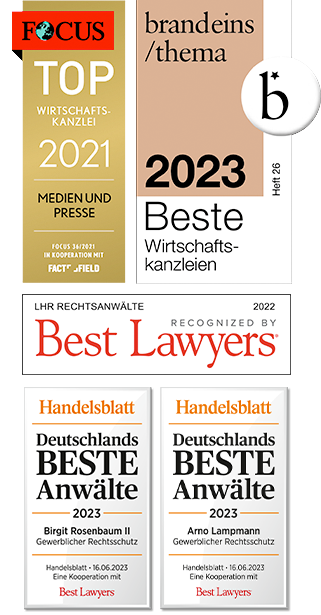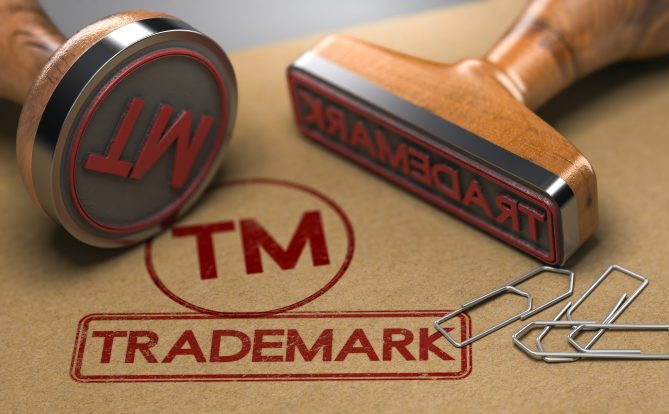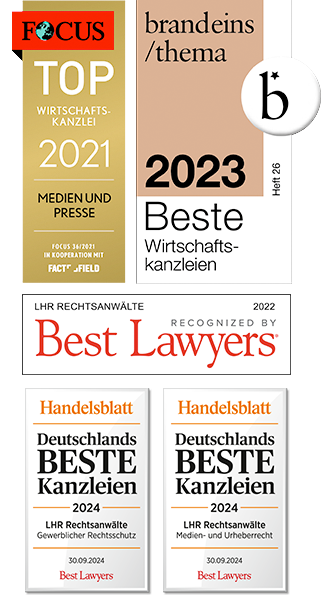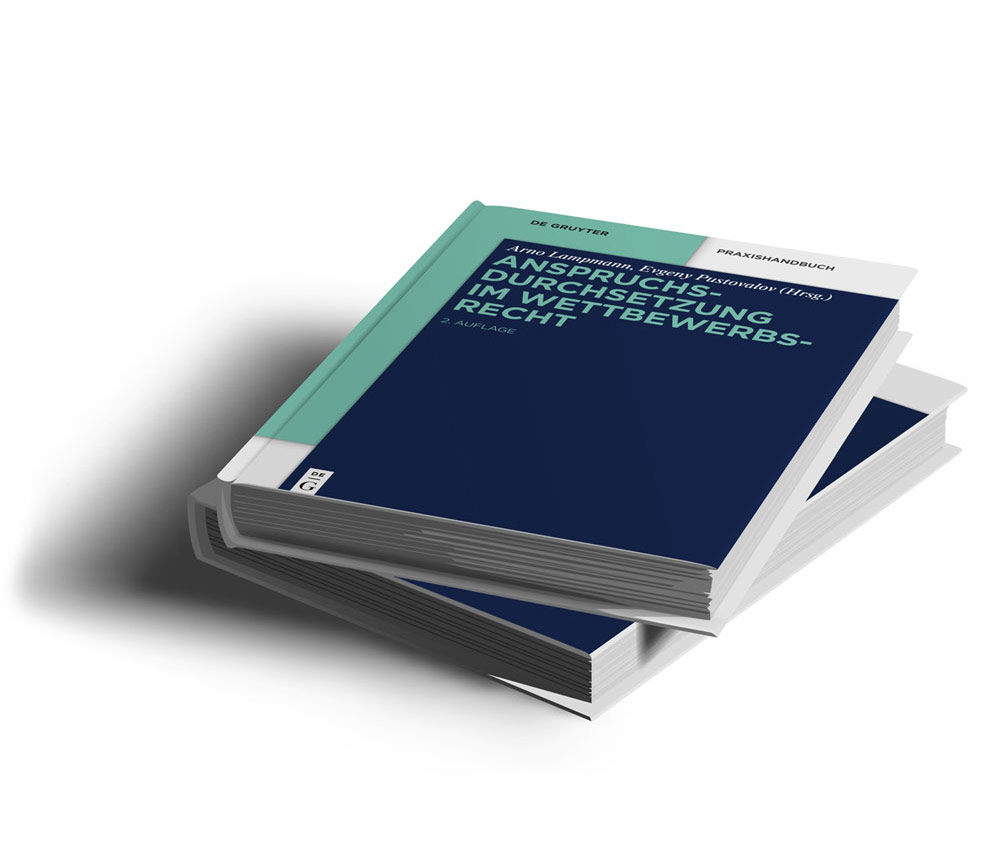LHR successful at the Federal Patent Court with appeal against trade mark cancellation

In proceedings conducted by our law firm, the Federal Patent Court (BPatG) has ruled that the trade mark ‘MeLa-Fashion’ was wrongly cancelled by the German Patent and Trade Mark Office (DPMA) (BPatG, Beschluss v. 05.08.2014, Az. 27 W (pat) 528/13; zugestellt am 17.11.2014). For our clients, two medium-sized companies that sell clothing under this brand name, legal certainty has finally been restored after more than three years.
The trade mark owners applied for the trade mark at the DPMA through our law firm in spring 2011. After registration, a luxury goods company from Qatar, represented by a renowned major law firm, filed an opposition against the registration of the trade mark in autumn 2011. The opposition was based on the fact that the company was the owner of the earlier trade mark ‘QELA’, also registered for clothing, which was allegedly pronounced like ‘KELA’. Completely surprisingly, the DPMA subsequently cancelled our client’s trade mark in spring 2013 and stated the following in this regard:
‘In an overall assessment of both the phonetic similarity of the marks and the identity of the goods in their aggregation and their relation to each other, the likelihood of confusion on the part of the public cannot be excluded to a significant extent […] It is therefore to be seriously feared that the public will be misled by this phonetic similarity of the marks as designations for identical goods in commercial transactions and thus make incorrect attributions of origin’.
Naturally, our clients could not and would not accept this unjustified cancellation of the trade mark. As part of the appeal, we therefore argued extensively on behalf of our clients, with the aid of linguistic literature, that there are no similarities between the strong, hard pronounced closing sound K (so-called voiceless velar plosive) and the soft M (so-called voiced bilabial nasal) in terms of sound. As a second line of argument, we pointed out on behalf of our clients that in the case of the opposing trade mark ‘QELA’, it was not even clear to the public whether it should be pronounced as KELA, KWELA or KUELA, as the letter combination ‘QE’ is completely unusual in German usage.
The Federal Patent Court has now taken up both lines of argument in its recent decision:
‘There is also no risk of phonetic confusion. The stand-alone ‘Q’ is pronounced as ‘K’, as the opponent also believes, which is why a strong-sounding, harder sound stands in contrast to the rather weak-sounding, softer ‘M’. Or, as the trade mark proprietors rightly point out, the Q is almost automatically supplemented by a U to form ‘Kwela’, which also results in a sufficiently clear phonetic deviation. These deviations do not go unnoticed in view of the brevity of the word, especially as the consumer pays more attention to deviations in short words anyway.’
Attorney Dr Niklas Haberkamm, LL.M. oec. from the law firm LHR:
‘We are very pleased that the Federal Patent Court has correctly corrected the clearly wrong cancellation decision of the DPMA in the decision obtained by Mr Biesterfeld-Kuhn. The course of the proceedings shows that it is often worthwhile to take action against decisions of the DPMA, because the judges at the Federal Patent Court obviously examine the case more carefully than the administrative officials at the DPMA and have even more comprehensive legal expertise. The case also shows that even small and medium-sized companies can win in court against a financially strong luxury group if they have the better arguments and the corresponding staying power.’
As the Federal Patent Court has not allowed an appeal on points of law and an appeal on points of law against decisions of the Federal Patent Court is not possible, the decision issued in favour of our clients can now only be challenged by a complaint of procedural errors pursuant to Section 83 (3) MarkenG.



